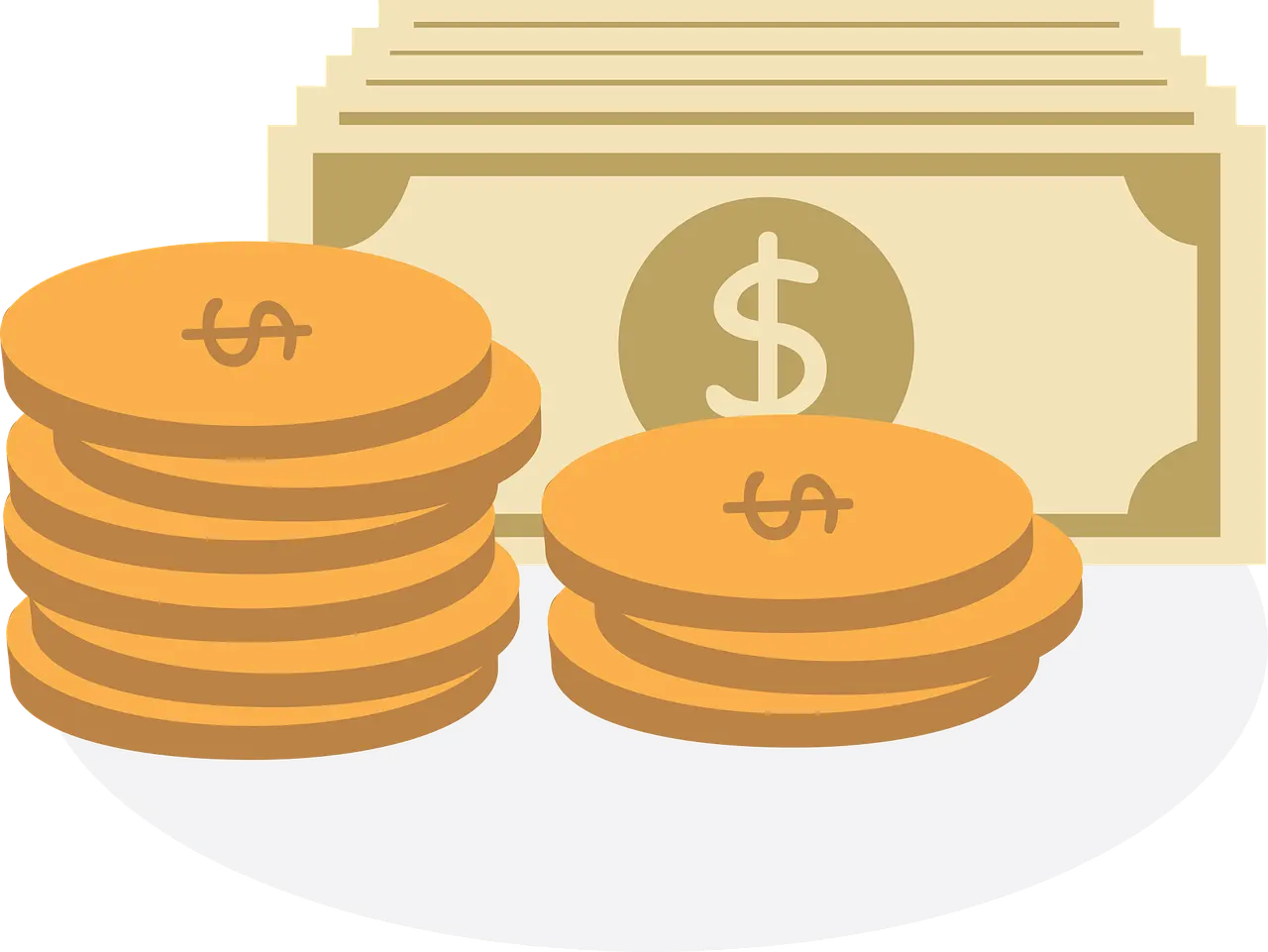Personal loans are a valuable tool for those who want to borrow money in order to improve their financial situation.
But like any other type of loan, personal loans come with certain risks and responsibilities for the borrower.
In this article, we’ll cover some things you should consider before getting a personal loan so that you can get the most out of your loan while also staying safe.
What is a Personal Loan?
A personal loan is a type of unsecured loan that can be used for a variety of purposes, from consolidating debt to financing a large purchase.
Personal loans typically have lower interest rates than credit cards, making them a good option for borrowers who need to finance a project or consolidate high-interest debt.
Personal loans are available from banks, credit unions, and online lenders. For example, credit union personal loans for poor credit are often shorter in length than those offered by banks.
The process of applying for a personal loan is similar to that of other types of loans: you’ll need to submit an application with your personal and financial information, and the lender will review your credit history and income to determine whether you’re eligible for the loan and what interest rate you’ll be charged.
Once approved for a personal loan, you’ll receive the funds in one lump sum and will then be responsible for making monthly payments to the lender until the loan is paid off. Personal loans typically have terms of three to five years, though some lenders may offer longer terms.
What are the different Types of Loans?
There are many different types of loans available to consumers, and each has its own set of terms, conditions, and interest rates. The most common types of loans are auto loans, home loans, and personal loans.
Auto loans are used to finance the purchase of a new or used vehicle. The loan is secured by the vehicle itself, and the interest rate is typically lower than that of unsecured personal loans.
Home loans are used to finance the purchase or construction of a home. The loan is secured by the property itself, and the interest rate is usually lower than that of unsecured personal loans.
Home equity loans are a type of home loan that allows homeowners to borrow against the equity they have in their homes.
Personal loans are unsecured loans that can be used for any purpose. The interest rate on personal loans is typically higher than that of secured loans, such as auto or home loans.
How to Apply for a Personal Loan?
If you’re considering a personal loan, here’s what you need to know before you apply.
First, check your credit score. Your credit score will give lenders an idea of how likely you are to repay a loan, so it’s important to get an accurate picture of your credit before you apply.
You can check your credit score for free with a service like Credit Karma or Credit Sesame.
Once you know your credit score, research different lenders to compare rates and terms. Personal loans are available from banks, credit unions, and online lenders.
Each lender will have different rates and terms based on your credit history and financial situation, so it’s important to compare offers before you apply.
When you’ve found a lender with competitive rates, it’s time to fill out an application.
The application process will vary depending on the lender, but most will require basic information like your name, address, employment history, and financial information.
Be sure to read the fine print before signing any documents; once you’ve signed a loan agreement, you’re legally obligated to repay the loan according to the terms of the agreement.
If everything goes smoothly, you should receive your loan funds within a few days or weeks.
Once you have the money, it’s up to you to decide how to use it. Just remember, personal loans should be used for financial emergencies or one-time expenses; if you’re looking for a long-term solution to your financial problems, you might want to consider other options.
Tips for Getting Approved
-Shop around for the best interest rate and terms before you apply for a personal loan
-Read the fine print of any personal loan offer carefully
-Be aware of the fees and penalties associated with personal loans
-Make sure you can afford the monthly payments on a personal loan
-Only borrow what you need and can afford to repay
-Be cautious of lenders that promise easy approval or guarantee a loan
Pros and Cons of a Personal Loan
There are a few things to consider before taking out a personal loan, such as whether you’ll be able to afford the monthly payments and if the loan terms are reasonable.
To make sure you’re getting the best deal possible, compare offers from multiple lenders and understand the fee structure of each loan.
Be aware that personal loans generally have higher interest rates than other types of loans, so you’ll want to be sure you can comfortably make the payments.
If you’re considering a personal loan, here are some pros and cons to help you decide if it’s the right option for you.
PROS:
-Can help consolidate debt or pay for unexpected expenses
-Fixed interest rates and monthly payments can make budgeting easier
-May have lower interest rates than credit cards or other forms of borrowing
CONS:
-Requires a good credit score to qualify for the best rates
-You may be tempted to overspend if you have access to extra cash
Keep in mind that personal loans are not ideal for everyone. If you’re not sure you can afford the monthly payments, or if you think you may need to borrow more money in the future, a personal loan may not be the best option.

There are a lot of things to consider before getting a personal loan, and it’s important to do your research so that you know what you’re getting into. We hope that this article has given you some things to think about as you decide whether or not a personal loan is right for you.
Remember, there is no one-size-fits-all answer — the best decision is the one that makes the most sense for your unique financial situation.









